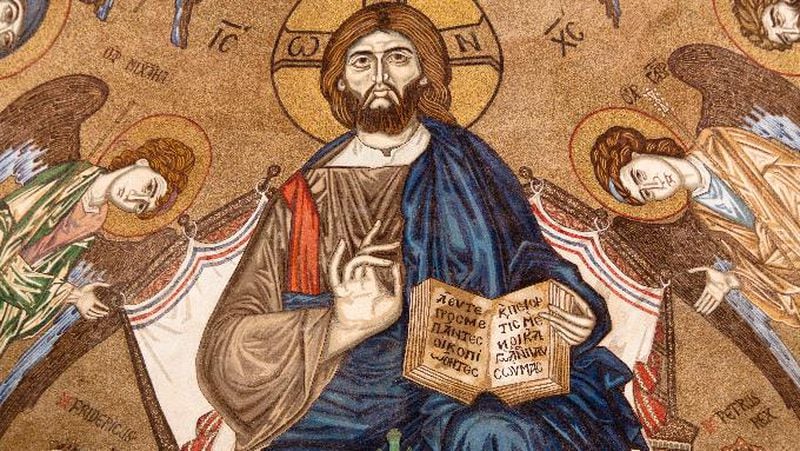Christians believe Jesus was mocked publicly and crucified on a solemn Friday 2,000 ago. Today, the calamitous day is celebrated as Good Friday.
But what’s so good about that?
One answer is that at the time of Jesus’ crucifixion, “good” may have referred to “holy” in Old English, a linguistic theory supported by many language experts.
According to Slate, the Oxford English Dictionary notes the Wednesday before Easter was once called "Good Wednesday." Today, it's more commonly known as Holy Wednesday.
And Anatoly Liberman, a University of Minnesota professor who studies the origins of English words, told Slate if we consider the alternative names for Good Friday, such as "Sacred Friday" (romance languages) or "Passion Friday" (Russian), this theory makes a lot of sense.
Another possible reason for its moniker — a theory supported by both linguists and historical evidence — refers to the holiday’s ties to Easter Sunday, which celebrates the resurrection of Christ.
Because Jesus couldn’t have been resurrected without dying, the day of his death is, in a sense, “good.”
"That terrible Friday has been called Good Friday because it led to the Resurrection of Jesus and his victory over death and sin and the celebration of Easter, the very pinnacle of Christian celebrations," the Huffington Post reported.
A third answer, some believe, is that the "good" in Good Friday was derived from "God" or "God's Friday" — the way the term "goodbye" comes from a contraction of the phrase "God Be With You."
Still, not everyone refers to this day as Good Friday. For example, the Catholic Encyclopedia mentions that, in the Greek Church, the holiday is known as “the Holy and Great Friday.” In German, it’s referred to as “Sorrowful Friday.”
And as aforementioned, “Sacred Friday” and “Passion Friday” are also used.
In addition, because the holiday is also commemorated with a long fast, Good Friday was also referred to as “Long Friday” by the Anglo-Saxons.
About the Author






